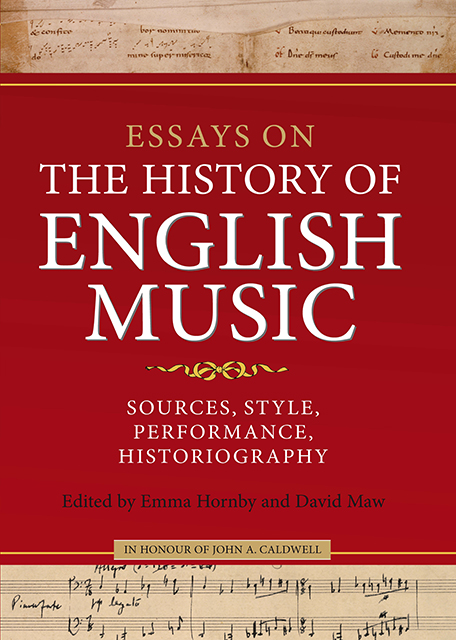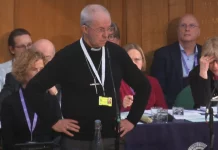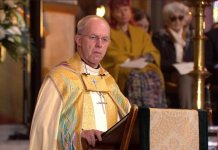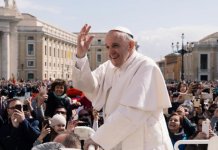IN THE COURSE OF two articles published in 1980 and 1986 respectively, the American musicologist James W. McKinnon undertook a critical examination of the then current ideas about the place of psalmody in the ancient Synagogue. McKinnon found that the inherited wisdom about the subject stemmed mainly from the writings of a ‘curious coalition of Anglican liturgists and Jewish musicologists’ working in the first six decades or so of the twentieth century. McKinnon’s use of the word ‘coalition’ reflects no formal exchange of views between these scholars, but rather that their liturgical and musical ideas had become combined to form a view of liturgy and liturgical song in the ancient Synagogue and the early Church which prevailed among music historians in the English-speaking world for almost three generations.
The cornerstone of their ideas was the view that psalmody existed in the ancient Synagogue as a discrete and established liturgical item, whence it was taken over into the Church by the earliest Christians who, being Jews, would have participated in the synagogal psalmody. McKinnon noted that the people who ‘did the most to popularise [this] view among English-speaking scholars’ were three Anglican liturgical historians who wrote mainly in the second quarter of the twentieth century: W. O. E. Oesterley (1866–1950); Gregory Dix (1901–52); and Clifford Dugmore (1909–90). They were distinguished historians of religion, and their contributions to the study of Jewish and Christian liturgy in general, and the liturgies of ancient Judaism and early Christianity in particular, were widely influential. The scope of McKinnon’s articles was such that it precluded any detailed account of the lives and work of these men. In the following pages I shall attempt to provide such an account, and to fill out McKinnon’s necessarily briefly sketched picture of their view of psalmody and liturgy in the ancient Synagogue and the early Church.
Their lives encompassed a period of rich liturgical development in the Anglican Church. Already in the nineteenth century the Oxford Movement had awakened an interest in liturgy among Anglicans.
Read it all at the Cambridge University Press










